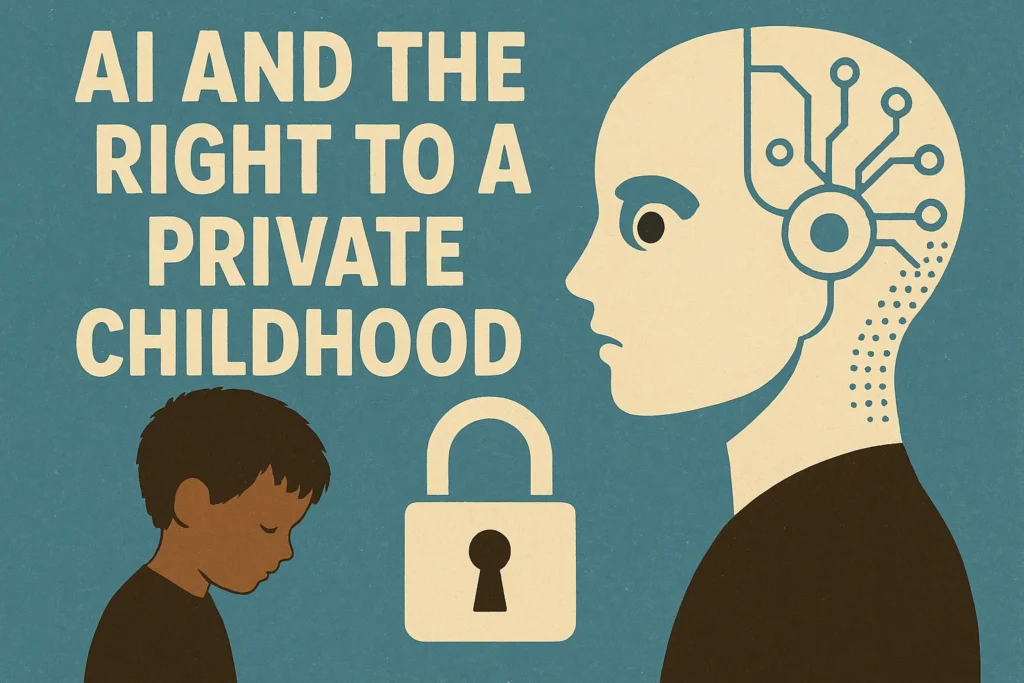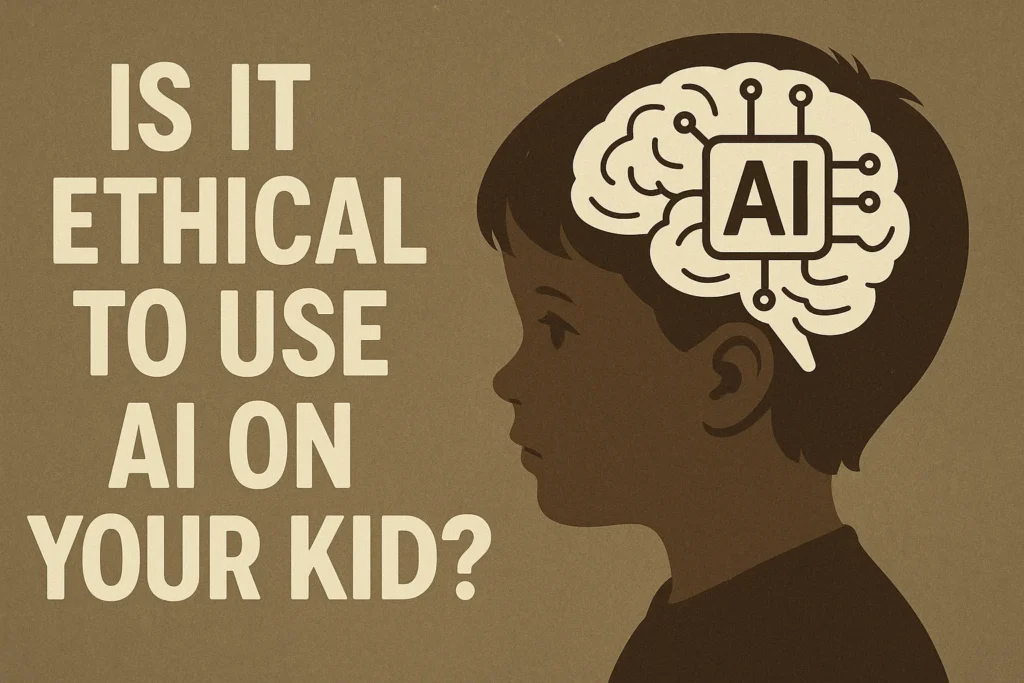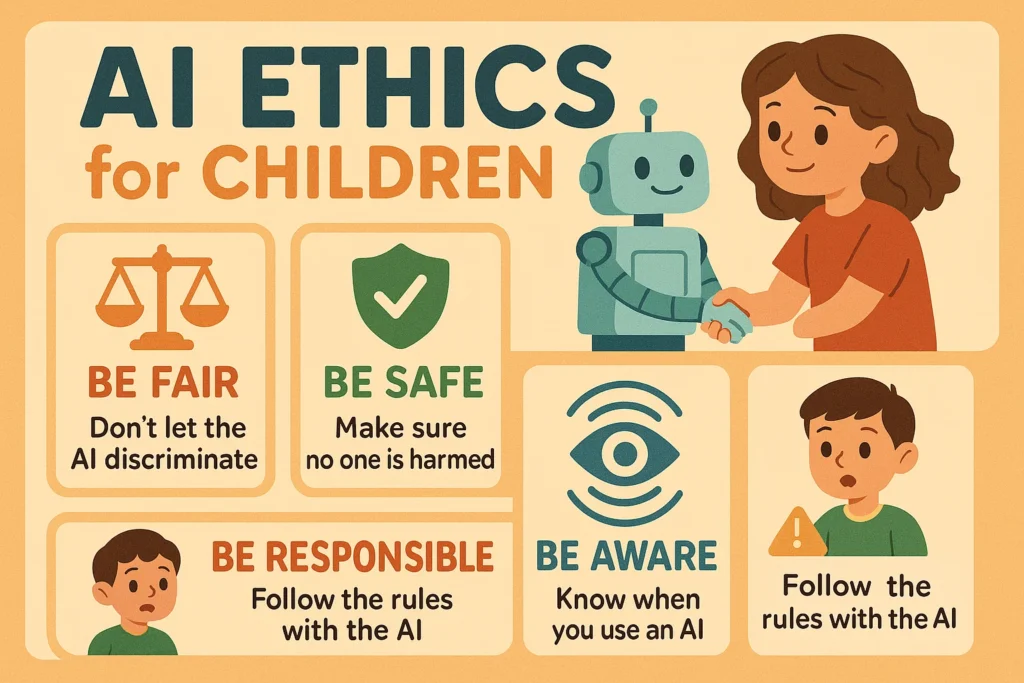🌟 Introduction
The right to a private childhood is one of the most sacred parts of growing up — a time for curiosity, mistakes, imagination, and learning without constant oversight. But as AI technology creeps deeper into our homes, schools, and devices, this right is increasingly at risk. At AiBlogQuest.com, we explore how parents can balance the power of AI with the need to protect their children’s personal space and identity.
🧠 What Does “Right to a Private Childhood” Mean?
Traditionally, childhood privacy meant freedom from constant observation, surveillance, and judgment. It allowed kids to:
-
Explore the world safely 🧭
-
Make mistakes without permanent records 📝
-
Develop their identity naturally 🌱
-
Keep personal thoughts and emotions private 💭
With AI now embedded in smart speakers, educational tools, and parental monitoring apps, many of these freedoms are being eroded — often without parents even realizing it.
⚠️ 7 Hidden Threats to a Child’s Privacy in the AI Age
-
Constant Surveillance at Home 🏠
Smart cameras, AI baby monitors, and connected toys often record and store more than necessary. -
Data Profiling from a Young Age 📊
AI-powered apps may collect behavioral data to build “profiles” of children before they even understand what data is. -
Digital Footprints That Last Forever 🕰️
Photos, voice recordings, and school performance data stored by AI tools can follow a child into adulthood. -
Invasive Educational Tools 📚
Adaptive learning platforms often track every click and response — sometimes more deeply than parents know. -
Behavioral Prediction & Manipulation 🧠
AI algorithms may predict interests, emotions, or choices — influencing kids’ decisions and autonomy. -
Loss of Safe “Mistake Space” ❌
Childhood is about trial and error, but AI observation can turn small errors into permanent data points. -
Third-Party Data Sharing 🌐
Many apps share collected data with advertisers or partners — putting sensitive information at risk.
🛡️ How Parents Can Defend a Child’s Right to Privacy
-
Audit AI tools before use — check privacy settings and permissions.
-
Limit unnecessary data collection — disable features that track location or voice if not needed.
-
Encourage offline time — give kids unmonitored spaces to explore and play.
-
Educate children about their digital rights and why privacy matters.
-
Push for regulation — support policies that enforce child-specific privacy protections.
🔗 Useful Links – AiBlogQuest.com
❓ FAQ
Q1: Why is the right to a private childhood important?
It allows children to develop independence, creativity, and a sense of self without fear of being constantly watched or judged.
Q2: Are AI toys and devices safe for kids?
Some are, but many collect more data than necessary. Always review privacy policies and permissions before use.
Q3: Can AI tools be used without violating privacy?
Yes — if they’re used intentionally, with minimal data collection, and with clear parental oversight.



